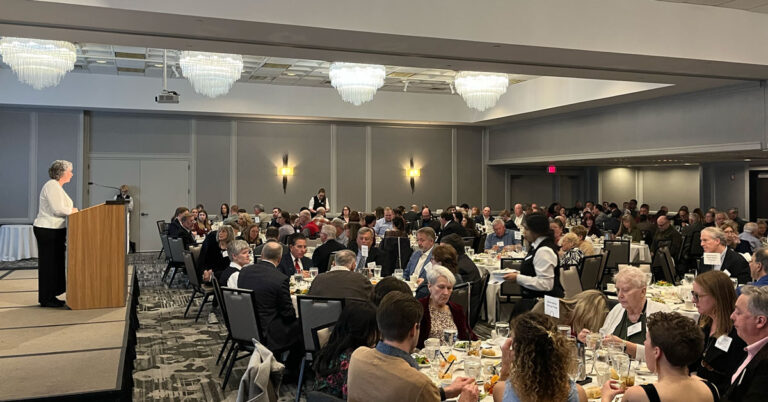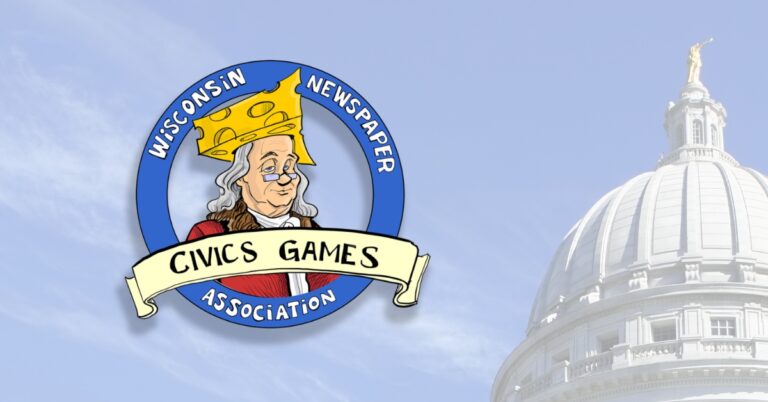Those seeking a pardon from Gov. Tony Evers were more likely to have a drug conviction than any other offense, a WisPolitics.com review shows.
All told, the review turned up 27 applicants who had felony drug convictions on their records — by far the most common crime committed by those who applied for pardons during the first two months of the program.
For 24 of those applicants, online court records listed felony charges either for possession with intent or manufacturing with intent, while two had convictions for drug possession. In a third case, a woman pleaded guilty to delivering cocaine in 1994 and then pleaded guilty three years later to possession of THC, a second offense.
- RELATED: Browse our Member Content archives
Longtime defense attorney Dean Strang said the drug cases reflect the “unwise and ultimately destructive drug policy” implemented in Wisconsin and nationally in the early 1980s.
“We have over-prosecuted and over-incarcerated people with drug problems and fairly minor drug offense in the scheme of things,” Strang said.
Evers’ decision to bring back the Pardon Advisory Board comes amid a significant shift both in Wisconsin and the country on how to approach the criminal justice system, particularly its treatment of drug offenses.
Evers’ predecessor, Gov. Scott Walker, didn’t issue any pardons during his eight years in office, allowing the Pardon Advisory Board to go dormant. He argued that pardons undermined the decisions of judges and juries.
Meanwhile, a bipartisan effort in the Legislature has placed more emphasis on treatment and diversion programs rather than simply punishing drug offenders.
And nationally, President Trump last year signed an overhaul of the nation’s prison sentencing laws that reduces some mandatory minimum sentences while expanding job training and programs to reduce recidivism.
That’s in sharp contrast to the approach of the “truth in sentencing” law and other tough-on-crime measures that swept through Wisconsin two decades ago.
Under the executive order Evers signed in mid-June, those convicted of a felony can apply for a pardon if they completed their sentence at least five years earlier and haven’t committed any new crimes. A pardon won’t expunge the conviction, but the Evers administration describes it as a “grant of forgiveness from the Governor that can restore some rights and privileges and relieve certain legal disabilities.”
Evers’ office declined to allow WisPolitics.com to review the pardon applications turned in between June 20 and Aug. 22. Instead, WisPolitics.com was provided a list of people who had applied for pardons and their birthdates so they could be matched against online court records.
In comparing the 143 applications with online records, 31 of the people listed either had no cases listed on the Wisconsin Circuit Court Access website or had no felony convictions that turned up in the search. Those records, however, aren’t complete. While counties first began using the system in 1991, they made independent decisions about uploading old cases, according to the website.
For more, visit WisPolitics.com
The Capitol Report is written by editorial staff at WisPolitics.com, a nonpartisan, Madison-based news service that specializes in coverage of government and politics, and is distributed for publication by members of the Wisconsin Newspaper Association.
Copyright © WisPolitics.com



